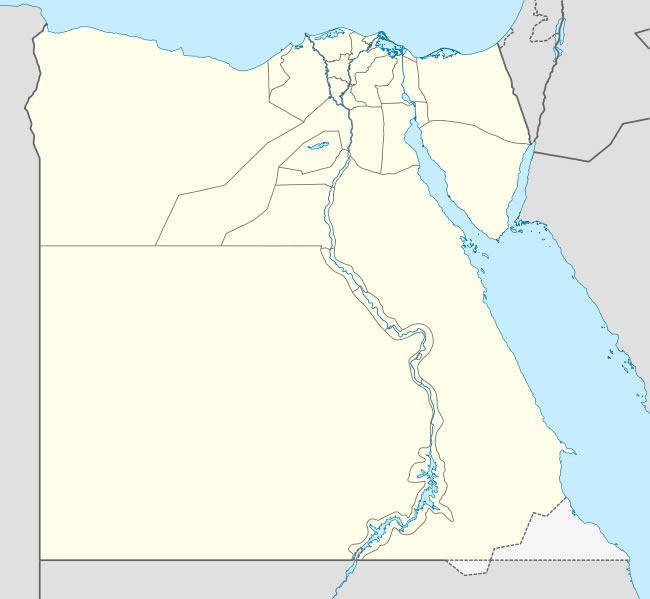
Egypt: the will of the people honored, but military still firmly in control
 In what many considered a surprising turn of events, Mohamed Morsi of the Muslim Brotherhood was confirmed as Egypt’s President-elect on Sunday, securing an approximate 3.4% margin over former Mubarak regime official, Ahmed Shafiq.
In what many considered a surprising turn of events, Mohamed Morsi of the Muslim Brotherhood was confirmed as Egypt’s President-elect on Sunday, securing an approximate 3.4% margin over former Mubarak regime official, Ahmed Shafiq.
The confirmation of Morsi’s win is a milestone – however ambiguous – in what has so far been a tenuous democratic transition in Egypt. In validating Morsi’s win, Egypt’s Supreme Council of Armed Forces (SCAF) honored the will of the people as it was demonstrated in the polls; however, Morsi will be assuming a Presidency stripped of the powers normally secured by the position, including that of commander-in-chief.
In the buildup to the Presidential runoff election, SCAF enacted measures to ensure military primacy in Egypt’s new regime by dissolving the freely-elected Parliament and confirming Shafiq, a Mubarak-era official, an eligible candidate in the election. In a later decree issued toward the end of polling on June 17th, SCAF granted itself near total autonomy, including legislative authority, veto power, and complete budgetary discretion.
A complete portrait of Egypt’s political configuration and its implications for its external relations will not be fully realized until SCAF and its appointed legislative body reveals the country’s new constitution. For his own part, Morsi has promised a secular, coalition government that respects women’s rights and ensures a representation of all parts of Egyptian society.
While the US is reportedly relieved by Morsi’s win, which allows US counterparts to interface with a freely-elected and legitimate Egyptian administration, it still harbors reservations about the Brotherhood’s ascendancy to power in a powerful MENA nation. US officials are carefully studying the new regime’s relations with Israel and Iran out of concern that the Islamist platform of the Muslim Brotherhood will move Egypt further from the 1979 Israel-Egypt peace treaty and closer to Iran, with which the US is already engaged in a standoff over its nuclear program.
The concern for Egypt’s foreign relations may be premature as the final structure of the regime and power of its Presidency remain unclear. Should SCAF retain its overriding power in Egypt’s administration, the US will need to focus on the motivations of the military moreso than the immediate aspirations of the Muslim Brotherhood, long-term notwithstanding.
Egypt’s current political configuration with a dominating military and constrained Muslim Brotherhood Presidency is more favorable than that anticipated by the US. Over the past four decades, the US has been accustomed to interfacing with the Egyptian military in an arrangement that remains largely unchanged at present. However, the Obama Administration must now speed the reversal of a previously negative US attitude towards the Muslim Brotherhood if it aims to establish cooperative diplomatic relations with the entirety of the new regime.
As the pieces of Egypt’s transition continue to fall into place, the US must reconsider its administration of foreign aid to the country. Senator Patrick Leahy recently called for a halt to disbursements of military aid to Egypt until the conditions of a democratic transition are met. Temporarily stopping Egypt’s military aid is well-advised under current conditions: it demonstrates that the US stands with the Egyptian people in advancing a democratic transition while depriving the military of funding that could be used to further consolidate its power and derail the transition.
However, it is critical that economic and social development aid flows continue as long as accountability can be ensured by the new regime. The greatest threat to Egypt’s democratization remains its fragile economic conditions, as history demonstrates that the timing of nations’ reversals to autocracy are more closely correlated to economic failure than to political events. Though the US certainly cannot carry Egypt through an economic rough patch alone, honoring its non-military aid commitments to the nation is one of the best ways to show support for and construct a positive working relationship with the fledgling regime.
For my previous posts on Egypt’s transition to date, please see below:
The promises of democracy and the reality of its processes





